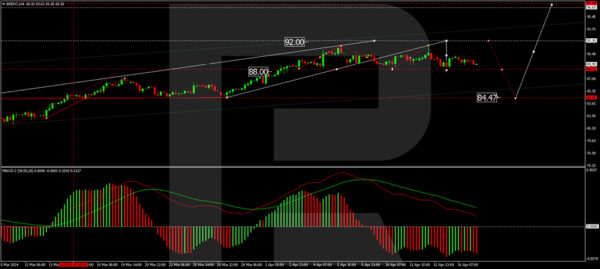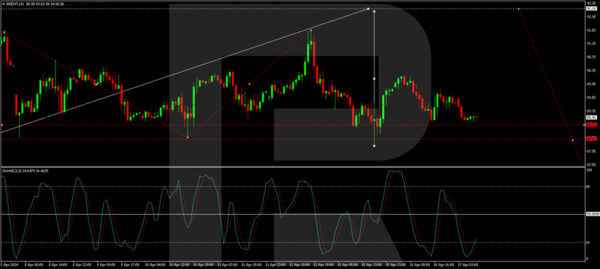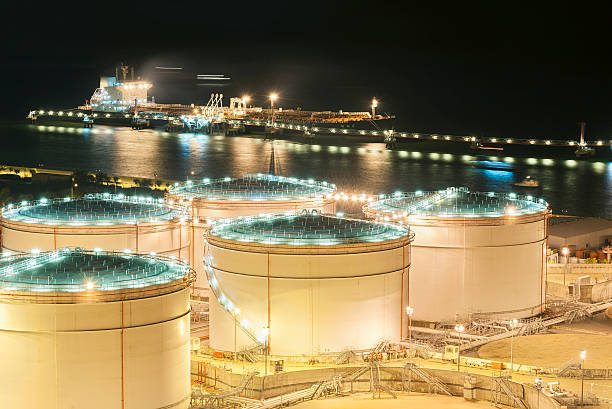Brent crude oil prices decreased slightly on Wednesday, falling to 89.50 USD per barrel. The decline is primarily attributed to concerns over global oil demand, particularly given the economic indicators coming out of China, the world’s largest energy importer. Although China’s GDP grew faster than expected in Q1 2024, other critical economic parameters such as property investment, retail sales, and industrial production remain subdued, dampening overall demand prospects.
According to the American Petroleum Institute (API), US crude oil inventories have risen more than expected, adding to the complexities. While such an increase in inventories typically might bolster oil prices, the prevailing anxiety over global demand continues to exert downward pressure.
Political developments in the Middle East also remain a focal point for the oil markets. A high-level meeting involving Western nations and Israel was postponed to Wednesday, with efforts expected to focus on averting a significant escalation in regional conflicts. Given the region’s important global oil supply, such disputes are crucial for the oil sector.
Later today, the US Department of Energy is scheduled to release updated statistics on crude oil and petroleum product inventories for the week, which could influence market volatility.
Technical analysis of Brent
On the H4 chart, Brent crude has formed a consolidation range around the 88.30 USD level, indicating a lack of a clear trend. If there is an upward breakout from this range, a rise to 92.00 USD could be anticipated. This could be followed by a potential correction to 84.50 USD and further growth to 94.00 USD, potentially extending to 97.00 USD. The MACD indicator supports this scenario, with the signal line nearing zero and expected to rebound upwards, suggesting continued growth.

On the H1 chart, a growth impulse to 90.20 USD has been completed, and a corrective movement to 88.80 USD is underway. Once this correction is completed, a new growth wave towards 92.00 USD is anticipated, likely followed by a new corrective phase. The Stochastic oscillator, positioned below 20, prepares for a rebound, supporting the likelihood of further upward movement.










